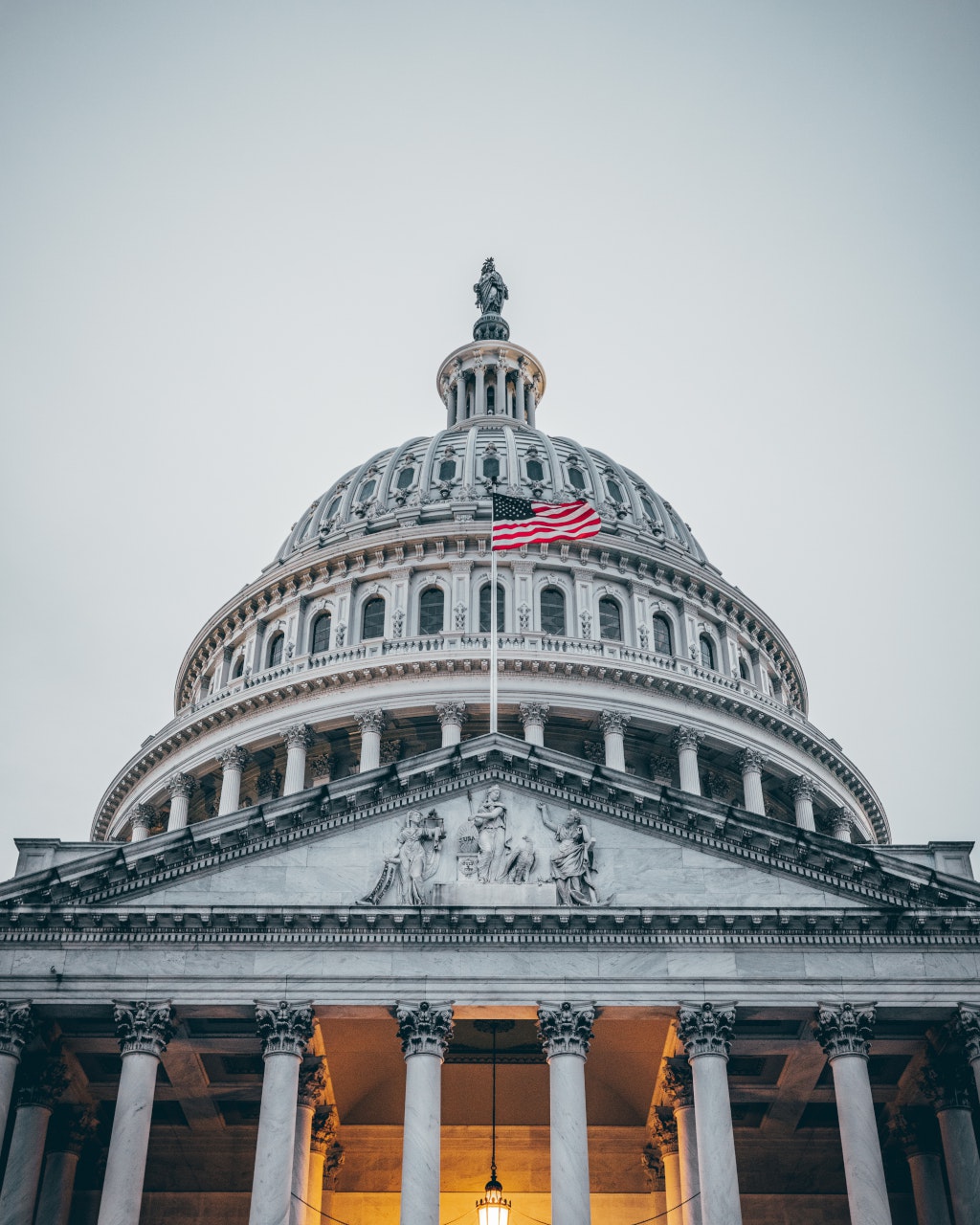The Making Sense
Crafting Fact and Law

“great legislation to protect civil rights and economic security and lead the world was debated and crafted under this dome”
— Senator Amy Klobuchar, introducing President Joe Biden’s Inaugural Address
(The Capitol Building, 20 January 2021)
“we must reject a culture in which facts themselves are manipulated and even manufactured”
— President Joe Biden, Inaugural Address
(The Capitol Building, 20 January 2021)
These two statements, one declaring pride in “crafted” laws and the other expressing suspicion of “manufactured facts”, elide an important detail: that every law is a social fact. Every time a new law is crafted, a new fact is manufactured. A.V. Dicey observed that legislative opinion is the result of facts more than philosophy and “no facts play a more important part in the creation of opinion than laws themselves” (Lectures on the Relation Between Law and Public Opinion, 1905). The consideration that reconciles the statements made by Biden and Klobuchar is concern for how facts are made and by whom. Facts (including laws) which are established through reliable and rigorous processes conducted by accountable and capable people are unobjectionable. This, after all, is the very reason why we tend to trust facts established by scientific experts. It all comes down to the quality of the factory in which the fact is made, and this, to put it another way, is a question of whether the author has authority, for “[t]o understand why anyone is taken to be an epistemic authority – an authority on truth – it is vital to understand what authorises them” (Baggini, A Short History of Truth, 2017).
“Why is the UK still printing its laws on vellum?” BBC News 15 February 2016 (Read)
Roscoe Pound, Interpretations of Legal History (1923) (Cambridge, MA and London, England: Harvard University Press, 2013) (Read) (subscription to external site required)
Weaving Willow Baskets (Read)
Albert’s Last Skep (Yorkshire Film Archive) (View)
Brett G. Scharffs, “Law as Craft” (2001) 54 Vanderbilt Law Review 2243 (Read)
Ruth Buchanan and Jeffery G Hewitt, ‘Treaty Canoe’ in Jessie Hohmann and Daniel Joyce, International Law’s Objects (Oxford University Press, 2018) (Read) (subscription to external site required)
Pierre Elliot Trudeau, ‘Exhaustion and Fulfilment: The Ascetic in a Canoe’ Che-mun (2000) (Archive)
Bob Hepburn, ‘How the Iconic Canoe has Shaped Canada’ Toronto Star Online (5 September 2015) (Read)
Bernard J. Hibbitts, De-scribing Law: Performance in the Constitution of Legality (paper delivered at the Performance Studies Conference, Northwestern University, Evanston, IL, March 1996) (Web Archive)
A.V. Dicey Lectures on the Relation Between Law and Public Opinion, 1905 (Read)
LAW HUMANITIES